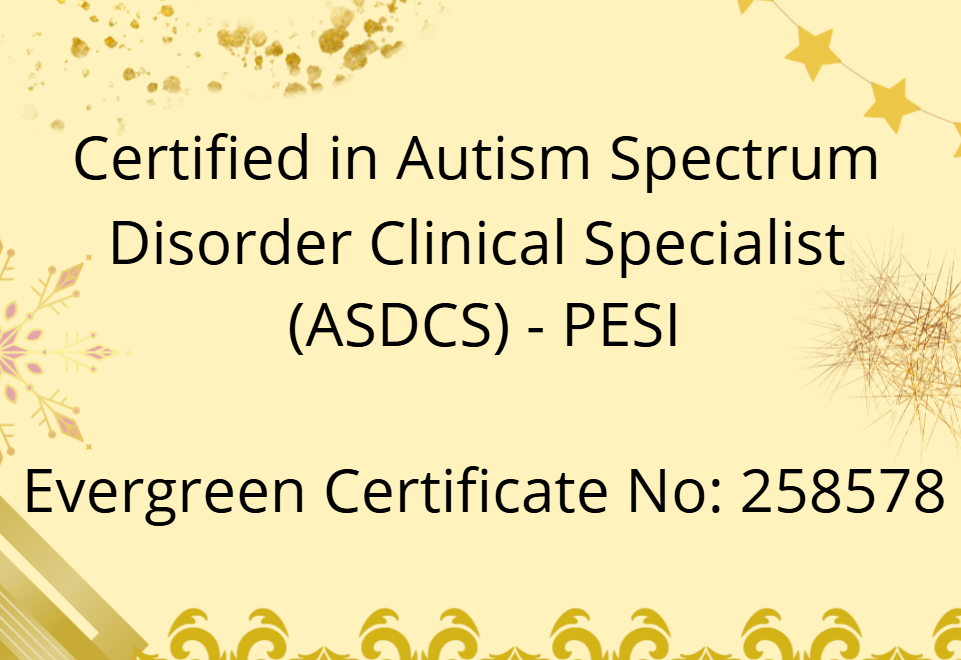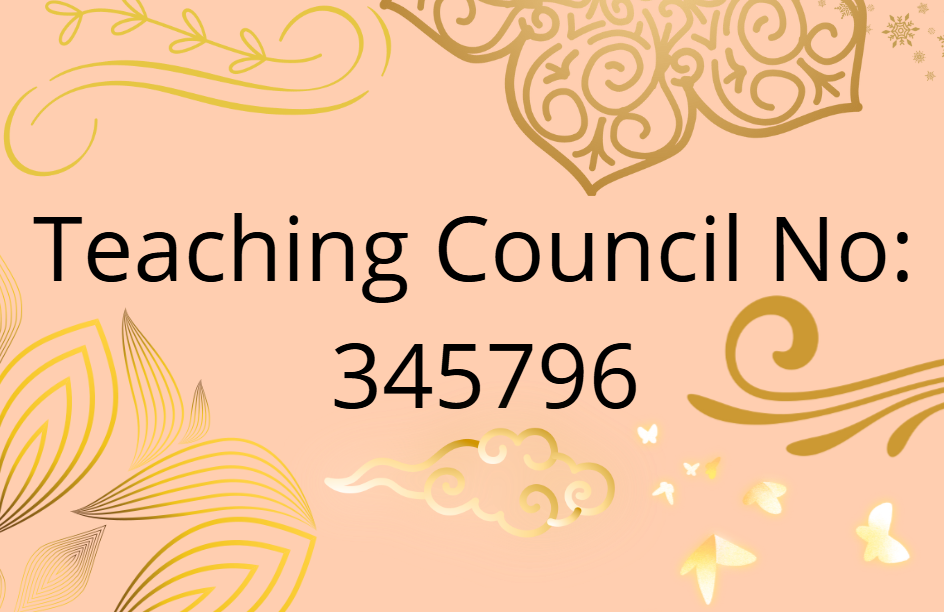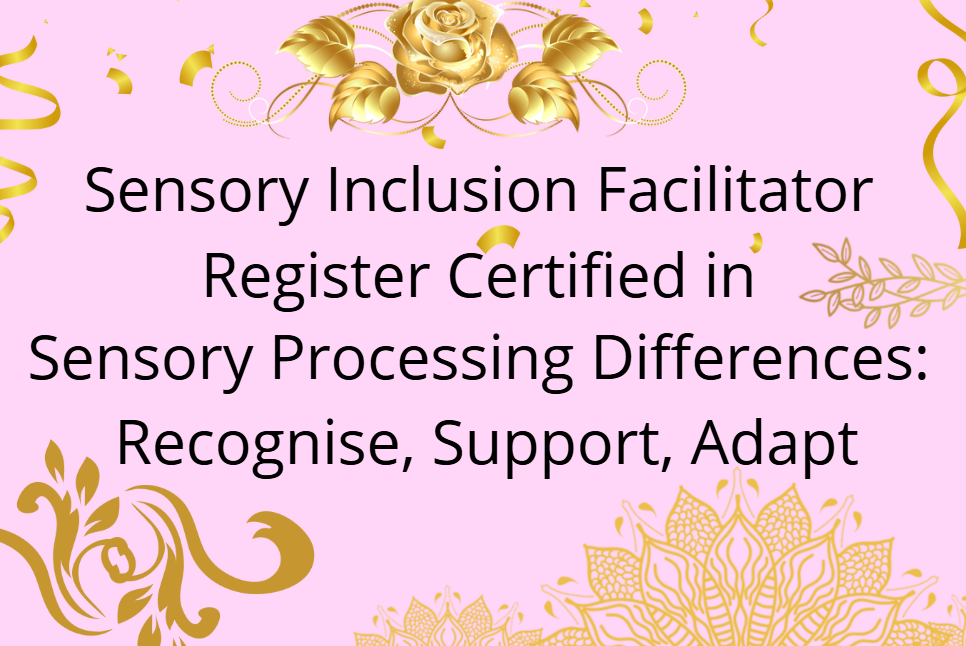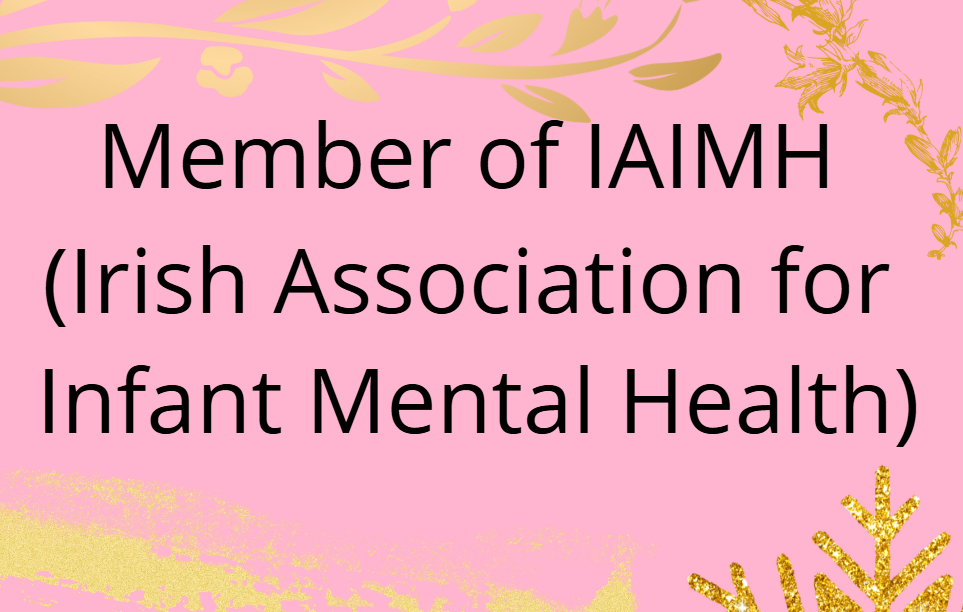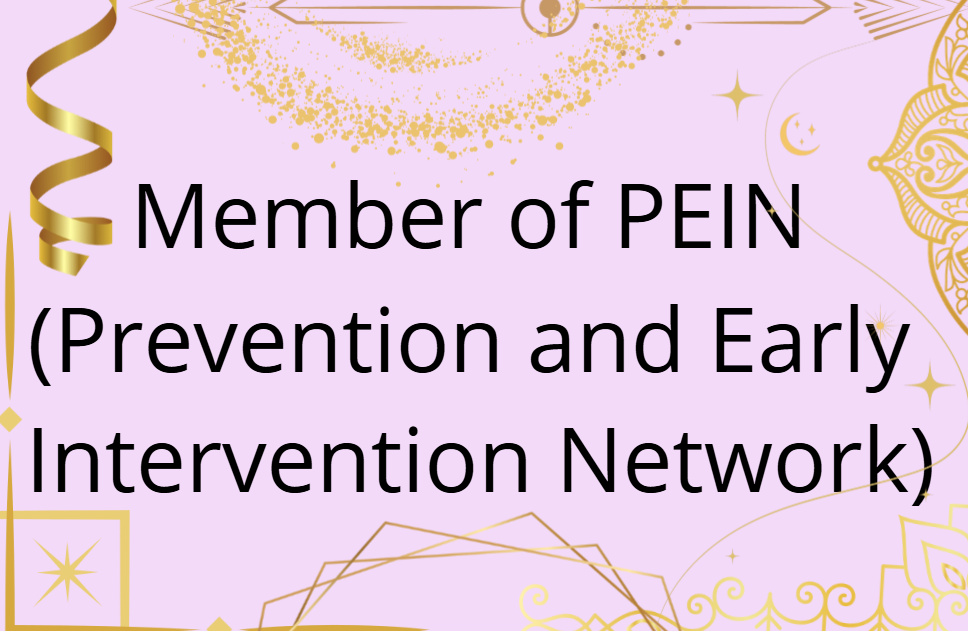Why Young Children Don’t Feel Fear
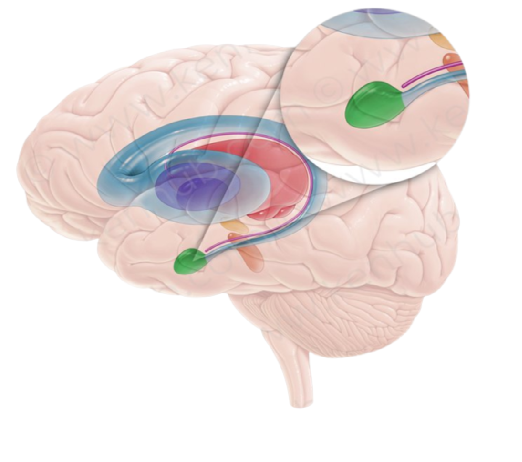
Author: Kristina Rautek Potocnik, BA (Hons) Ed. Rehab., HDip Early Childhood Studies, MA Early Intervention & Inclusion, Cert. Play Therapy | SI | ASD | Reflexes | ABA, ongoing MSc SLT
Parents often worry when their child does something risky, like climbing high, running into the road, or putting small things in their mouth. Many wonder, “Why doesn’t my child feel fear?” The answer is simple: the part of the brain that helps us feel fear is not fully developed yet.
This part of the brain is called the amygdala. It helps us understand emotions and respond to danger. When we are scared, the amygdala sends a message to our body to fight or run away. This is called the "fight or flight" response. But in babies and small children, the amygdala is still growing. It cannot yet do its job fully, so young children do not feel fear in the same way adults do.
For example, if a toddler climbs on a window ledge, it does not mean they are brave or naughty. It means they do not yet understand that it is dangerous. Some adults believe shouting or small punishments will teach the child. But the child does not learn that the situation is dangerous. They only learn that something bad (like shouting) comes after they do it.
Does this mean we should wait to teach children about danger? No. From the very beginning, adults should gently guide children. First, we remove danger. Later, we explain and show what is safe and what is not. Over time, as the child’s brain develops, they begin to feel fear in the right way.
Some children with different brain development (for example, children with autism or ADHD) may need more time and support to understand danger. Also, people who had brain injury may not feel fear in the same way as others.
Our job is not to control children by fear, but to help them grow and understand their world. A safe and supportive environment helps the brain develop. And when we understand how a child’s brain works, we can be better parents, carers, and educators.
Knowledge about the brain gives us power. Let’s use it to support our children — not just to teach them to listen, but to help them live safely and happily.
Latest Posts
- How children make sense of the world through their senses
- How your baby learns about the world through their senses
- Helping your child grow stronger through movement and play
- Understanding How Early Intervention Helps Children Learn, Move, and Connect
- How to Recognise Tactile Defensiveness and Help Your Child Feel Safe
- Understanding Feeding Challenges and How to Support Your Child at Home
- Let’s Talk Sitting: Exploring Floor Seating Options
- Retained Primitive Reflexes: The Hidden Cause Behind Developmental Struggles
- Where Curiosity Blossoms: How Children's Play Nurtures Growth for All
- Helping Your Child Through Stress: A Gentle Guide for Parents
- Sweet Little Lies – How to Recognise and Respond with Care
- Chores Are More Than Just Tasks – They’re a Tool for Growing Independence, Focus, and Confidence
- How to Help Children Develop Emotional Intelligence
- Blending Technology and Care: How VR Meta Quest Supports Children at NeuroNest
- A simple guide for parents who want to raise confident, happy children
- Setting Boundaries with Love: A Simple 3-Step Guide for Parents
- Understanding Behavior Through the Nervous System
- A Compassionate Lens on Dysregulation in Non-Speaking Autistic Individuals
- Supporting Development Through Movement: The Role of the Swing in Early Intervention
- Blending Tradition and Innovation: How NeuroNest Supports Your Child’s Unique Journey
- When Movement Meets Innovation: Supporting Child Development with GoBalance
- Why Visual Perception Matters for Everyday Life and Development
- Benefits of Chess in Early Intervention
- Building Healthy Nutrition from the Start
- A Journey Back to Your True Self
- Supporting Your Child’s Hand Skills for Confident Writing
- Blending the Best of Both Worlds
- Helping Toddlers Eat Well: A Parent’s Guide
- Why Tummy Time Matters for Your Baby's Development
- Helping Your Child Build Everyday Independence
- Who Are the Disconnected Kids?
- From First Tries to Automatic Habits: Understanding the Stages of Skill Learning
- Why a Child’s Level of Alertness Matters for Memory and Learning
- Early brain development starts before birth
- Why Slowing Down, Adapting Tasks, and Adding Breaks Helps Children Learn Better
- Why ADHD, Autism, Dyslexia and Other Challenges Need a New Approach
- The surprising power of copying in child development
- Books are more than just language tools—they’re powerful allies in sensory and motor development.
- Rethinking sensory support: moving beyond expensive rooms toward everyday understanding.
- Understanding how fear develops in a child’s brain
- Understanding how an early baby reflex can affect your child’s daily life
- A gentle start into baby development through movement and bonding
- A child-centred, research-informed approach that uses the power of play to support communication, emotional regulation, motor development, and meaningful growth from infancy to twelve years.
Our Partners

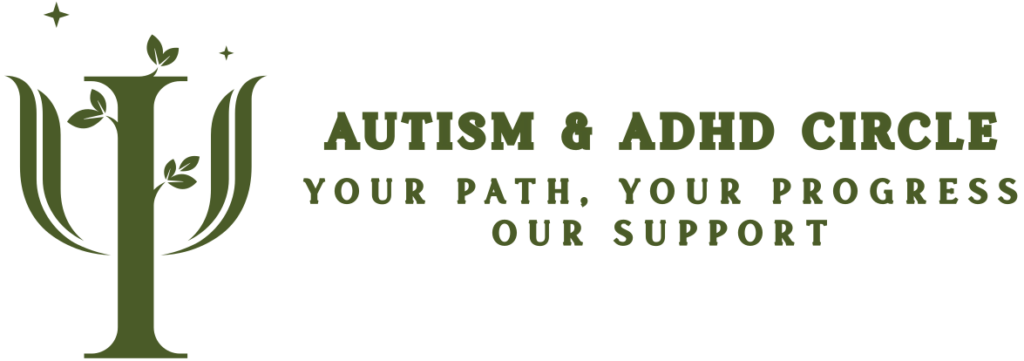

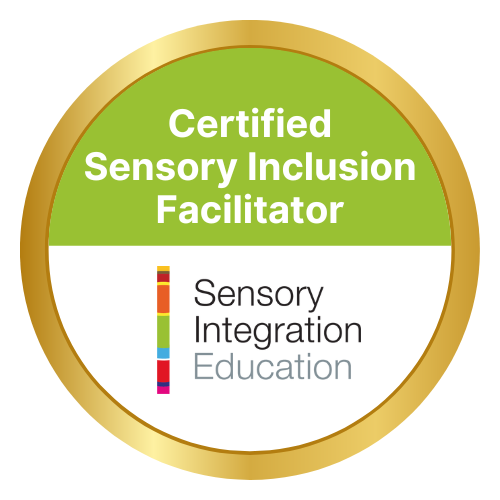
Our Memberships



